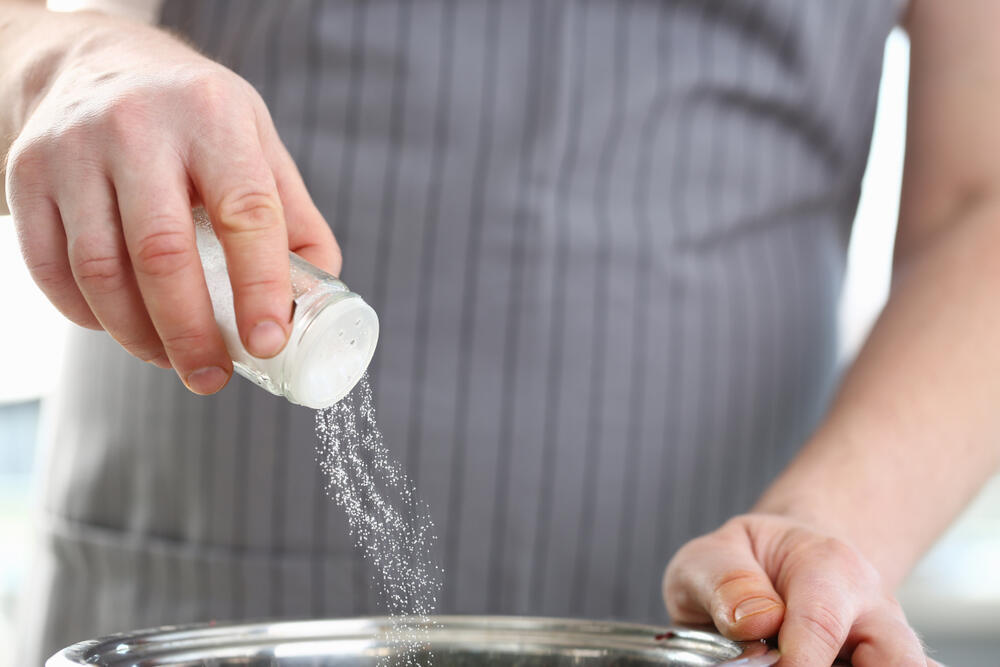Getting your Trinity Audio player ready...
Avoid adding too much salt to the food
Eating salt means one main thing, thirst. If you are supposed to last 25 hours without water, reduce the amount of salt so you will be less thirsty (the same goes for soy sauce or fish sauce). Beware of spices and flavors as they usually contain a considerable amount of salt. Also, don't forget that even pickles are rich in salt.
Fried and spicy are not Yom Kippur friendly
Fried and spicy foods cause heartburn, and you don't want to spend the next day with a raspy throat from acid reflux. Don't forget that heartburn is felt mostly when lying down, so if you had planned to spend this day in bed with a book, don't serve fried food like fried eggplants, eggrolls or schnitzels in your pre-fast meal. By the way, vegetable fat is advised for fasting so serve a salad with nuts, avocado and tahini on the table.
Do not eat fatty proteins and complex carbohydrates
The meal should last longer than a regular meal so it is important to eat proteins, whole grains, legumes, and good carbohydrates that break down slowly like sweet potatoes. The carbohydrates will also help maintain the sugar level in the body during the fast. Other dishes that can and should be served are quinoa salad, buckwheat stew, or lentil soup. In this meal, it is preferable to eat lean proteins such as turkey or chicken.
Resist dessert
Be strong and give up sweets this time. A slice of cake or even a sugary drink can cause a drastic drop in blood sugar, which will weaken you and induce hunger. If you get the urge to snack, maybe eat fresh fruit or a date as dessert. In any case, everyone should drink tea at the end of the meal to help postpone hunger. The tea can include tea leaves such as mint, lemongrass, sage and a small piece of ginger root.
Do not compensate for fasting
Overeating after fasting is a grave Yom Kippur mistake. After the fast, you should eat regularly and allow your body to readjust, not create food reserves in your body. Eating a lot will weigh you down, so don't overdo it so you do not burden the digestive system. Eat in moderation and be sure to drink at least two full glasses of water before and during the pre-fasting meal, before the post-fasting meal and throughout the meal. Remember, fasting is healthy only if we do everything with moderation.
Get the Ynetnews app on your smartphone:




